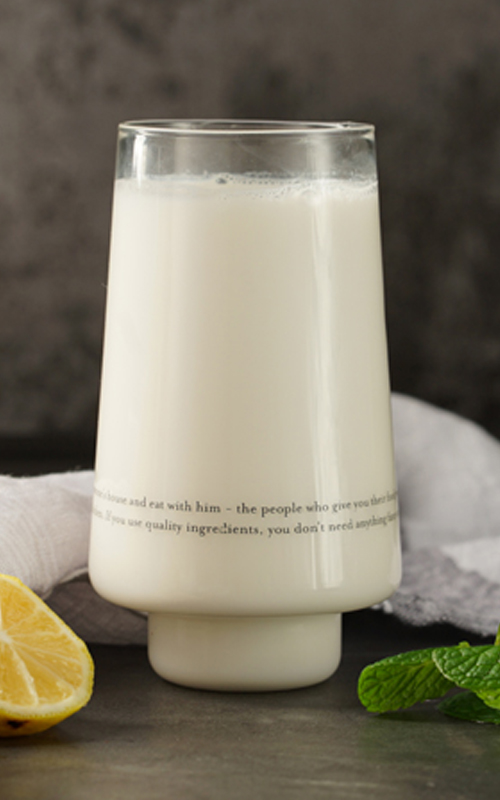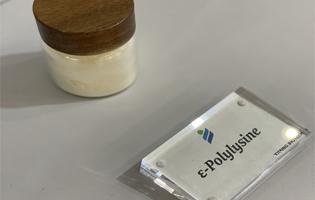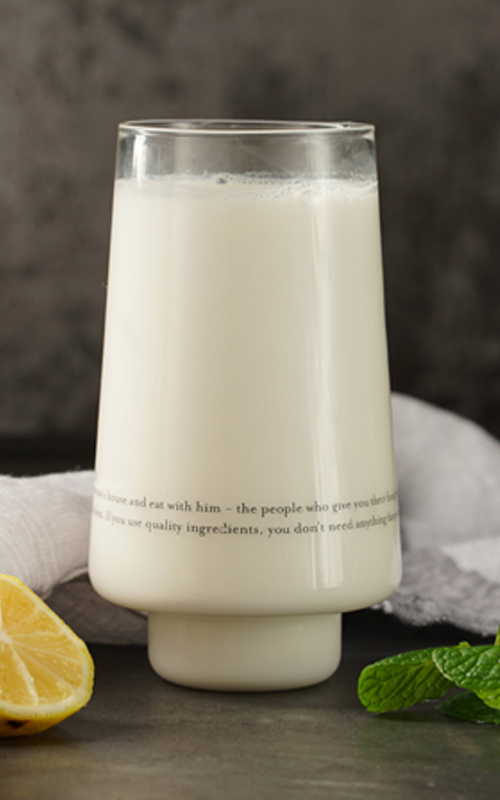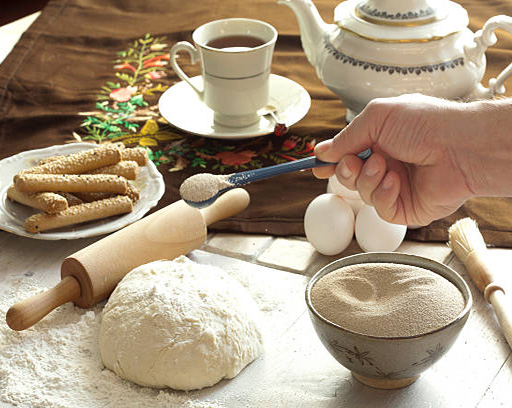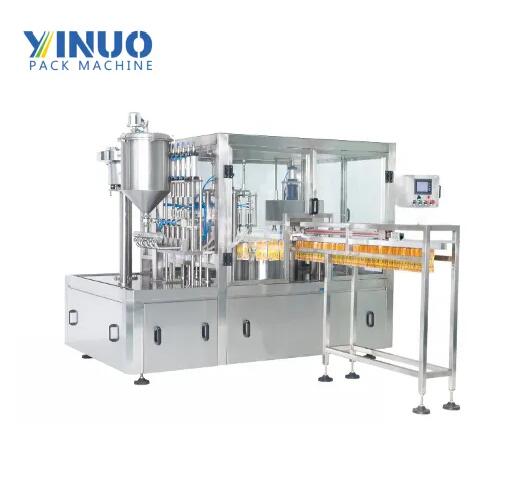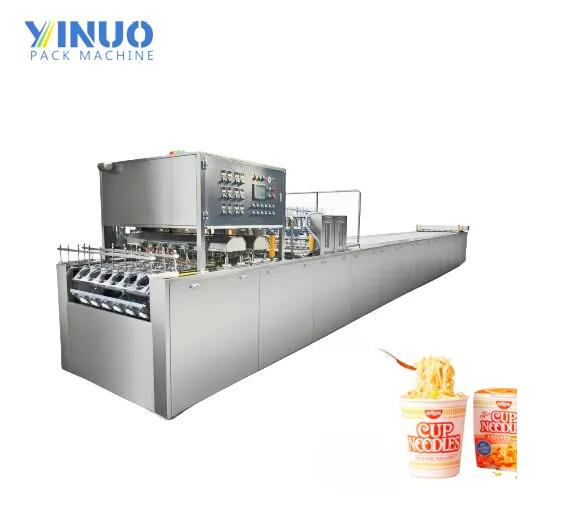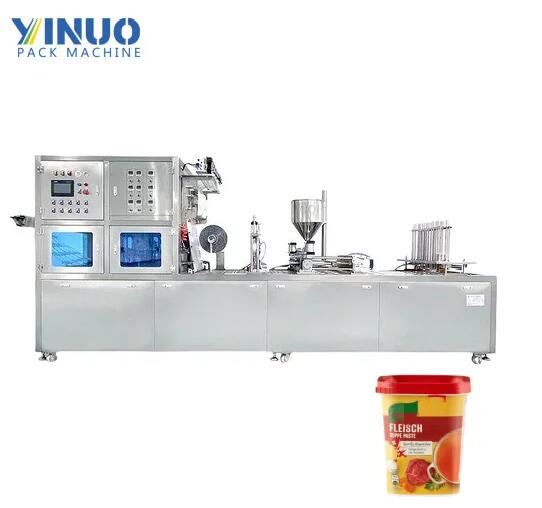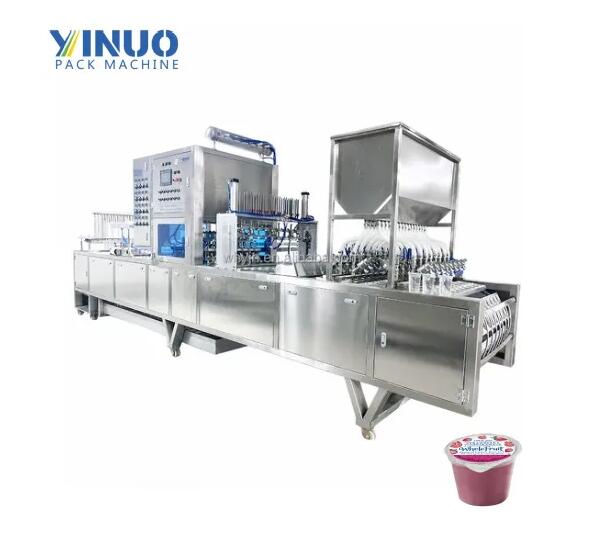Colloid
In the food processing industry, the colloid is the one that thickens food, provides adhesion and gel-forming ability, and helps to obtain the desired shape, viscosity, hardness, thickness, crispness and softness of food. For example, the natural colloid can act as a thickener in some soups and sauces. It can also perform gel-forming ability in pudding and jelly, or emulsify in yogurt, ice cream, etc.
As a professional colloid food company, Yiming can provide you with a list of different colloid types. Feel free to contact us for more information.
Colloids In Food
What are the Properties of Colloid
Stability: The colloidal properties are stable. The particles in the dispersed phase move continuously and remain suspended in the solution.
Filterability: The colloid needs a special filter, that is, an ultrafilter to filter it. The colloid can easily pass through the filter paper without residue.
Heterogeneity: Since colloid is composed of dispersed phase and dispersion medium, it is called heterogeneity in nature.
Homogeneous appearance: Although colloids have suspended particles and are heterogeneous in nature, they appear to be homogeneous solutions. This is because the suspended particles are very small and invisible to the naked eye.
Application of Colloids in Food Industry
Colloids have great applications in the food industry. Many of the food materials we eat are colloidal in nature. Milk and many dairy products, such as cheese and butter, are all colloids.
More precisely, milk is an emulsion (liquid in a liquid colloidal system). In milk, butter and fat are dispersed in water. Bread is a colloidal system in which air is dispersed in the baked dough.
FAQs of Colloid
What is a colloid?
In chemistry, a colloid is a phase separated mixture in which one substance of microscopically dispersed insoluble or soluble particles is suspended throughout another substance.
What are the 5 types of colloids?
Combining different substances can result in five main types of colloid mixtures: aerosols, foams, emulsions, sols and gels.
What are the characteristics of a colloid?
An example of natural colloid must be heterogeneous, i.e., consist of dissimilar constituents, for example, silver and water. It must be multiphasic, i.e., solid/liquid, gas/liquid, etc. The particles must be insoluble in the solution or suspension.
Are colloids safe for everyone?
In fact, most common edible colloids are natural. Some are carbohydrates and proteins, others are derived from microbial fermentation.
As one of enzyme manufacturing companies, we can offer kinds of related products for sale, if you have needs, please leave us a message.
在线联系供应商
Other supplier products
| ε-Polylysine | Jiangsu YimingBiological Technology Co., Ltd., founded in August 1998, is a high-tech enterprise integrating R&D, manufacturing and sales. It b... | |
| Glucose Oxidase | Glucose oxidase (GOX) is a green enzyme obtained by fermentation and purification of the aspergillus fungal strain. As an important enzyme product ... | |
| Calcium Propionate | Calcium propionate is used as a preservative in bread and other baked goods, and it may be combined with propionic acid and sodium propionate. Calc... | |
| Colloid | Application of Colloids in Food Industry In the food processing industry, the colloid is the one that thickens food, provides adhesion and gel-for... | |
| Enzymes | As the leading provider of food enhancer, Jiangsu YimingBiological Technology Co., Ltd. mainly engage in bio-engineering of food additives and ingr... |





